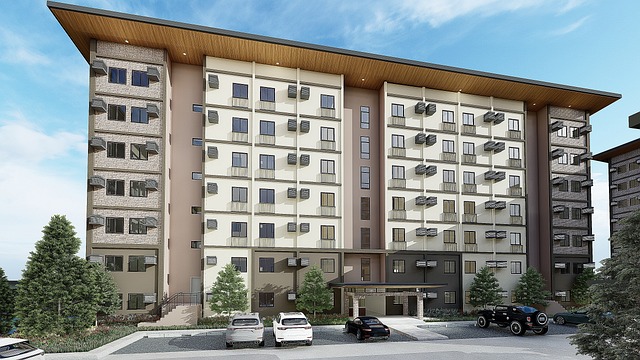- Overview of the Absence of Duties (Abd) Scheme in Singapore and Its Application to Second Properties
- Impact of Government Regulations on Real Estate Investment Decisions for Abd 2nd Property Holdings
- Navigating the Legal Framework: Compliance, Tax Implications, and Strategic Considerations for Owning a Second Property Under Abd Scheme
Overview of the Absence of Duties (Abd) Scheme in Singapore and Its Application to Second Properties
Impact of Government Regulations on Real Estate Investment Decisions for Abd 2nd Property Holdings
In the dynamic real estate market of Singapore, government regulations play a pivotal role in shaping investment decisions for entities like AbsD Singapore’s second property holdings. The Singaporean government imposes a suite of policies aimed at ensuring sustainable growth and maintaining the stability of the property sector. These include cooling measures such as Additional Buyer’s Stamp Duty (ABSD) and Total Debt Servicing Ratio (TDSR) frameworks, which serve to curb speculative behavior and encourage responsible borrowing and lending practices. For AbsD Singapore 2nd Property Holdings, these regulations necessitate careful consideration of investment strategies, with a focus on long-term value creation rather than short-term gains. The ABSD, for instance, imposes higher taxes on subsequent property purchases, which means that investors must assess the potential returns against these additional costs. Furthermore, changes in loan-to-value (LTV) ratios and interest rate fluctuations directly influence the affordability and attractiveness of real estate investments, thereby affecting AbsD Singapore’s approach to acquiring and managing its second property portfolio.
Navigating these regulations requires a deep understanding of the policy landscape and its implications for investment viability. AbsD Singapore 2nd Property Holdings must stay abreast of policy updates and adjust their investment parameters accordingly. The government’s stance on real estate development, foreign ownership limits, and property taxation directly influences market sentiment and investment dynamics. As such, AbsD Singapore 2nd Property Holdings must leverage data-driven insights and adaptive strategies to navigate the regulatory environment effectively, ensuring compliance while maximizing returns for its investors. The interplay between government regulations and real estate investment in Singapore underscores the importance of agility and foresight in the property market.
Navigating the Legal Framework: Compliance, Tax Implications, and Strategic Considerations for Owning a Second Property Under Abd Scheme
In concluding our discussion on the Absence of Duties (Abd) scheme in Singapore and its implications for second property holdings, it is clear that government regulations play a pivotal role in shaping real estate investment decisions within this context. The Abd scheme, unique to Singapore’s tax framework, offers significant benefits for those acquiring a second property. However, investors must be well-versed in the legal requirements and tax considerations associated with it. The intricate balance between economic growth and maintaining market stability is evident through these regulations. Prospective investors should carefully assess the compliance aspects and potential tax implications when considering an Abd 2nd Property under this scheme. As Singapore continues to evolve its policies, staying abreast of the latest developments within this niche area becomes increasingly important for those looking to capitalize on the opportunities it presents.



